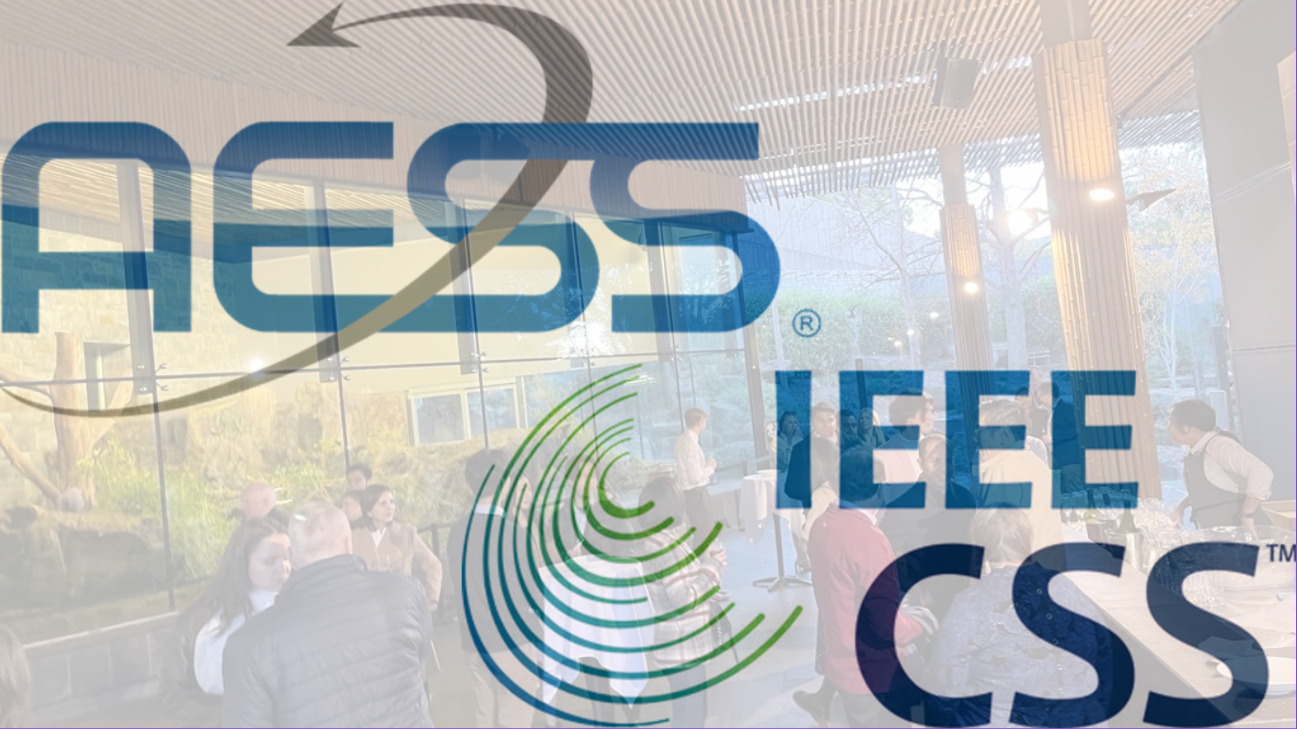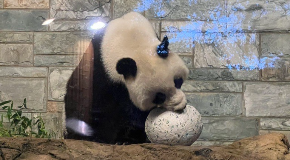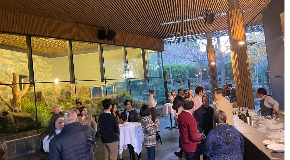IEEE South Australia CAES Chapter 2025 Dinner

About
Following the resounding success of last years social event, the South Australian IEEE Joint Control, and Aerospace and Electronic Systems Chapter Executive Committee will host a special event at Adelaide Zoo on 14th June 2025 for local members and invited guests. We will have the pre-drink with the newly arrived pandas Xing Qiu and Yi Lan and a 3-course dinner at Fig Tree.The tickets are heavily subsidized by CAES, with a normal ticket price of $235 per person, the cost to our members will be $30 per person. Registration is open exclusively to members of the IEEE Aerospace and Electronic Systems Society and the IEEE Control Systems Society in South Australia. Members are allowed to invite one guest.
To reserve you place please register by 01 June 2025.
Location
Adelaide Zoo
Adelaide Zoo, Frome Road, Adelaide South Australia 5000
2. Panda talk with Xing Qiu and Yi Lan by zookeepers: 05:30 pm
3. Dinner: 06:00 pm to 10:00 pm - Three-course dinner at Fig Function Centre
Title:
AI for Animal Welfare: Monitoring Orangutan Behaviour and Emotion through Intelligent Systems
Abstract:
Identifying and understanding animal behaviour and emotional states remains a critical challenge in modern animal welfare assessment, particularly in zoo environments where individualised care is essential. Students from the University of Adelaide have worked on an interdisciplinary project to address this challenge by developing AI-based systems for monitoring orangutan behavior and recognizing emotional states at Adelaide Zoo. By integrating computer vision, machine learning, and behavioural science, the project enables continuous, non-intrusive observation to support zookeepers in making informed, data-driven decisions about animal care.
Using a camera system installed in the orangutan habitat, students applied pose estimation and deep learning techniques to classify behaviors such as resting, feeding, and social interaction. In parallel, they developed a facial recognition system to identify individual orangutans and interpret their emotional states through subtle facial expressions, using techniques such as Histogram of Oriented Gradients and YOLO-based models. This project not only enhances the zoo’s capacity for welfare monitoring but also offers students invaluable experience applying AI and robotics to real-world conservation challenges. The presentation will highlight the technical approaches, results, and broader impact of this work on animal care and interdisciplinary education.
Speakers:
Jasmin Lu , Georgia Mason, Isabella Cordera and Anwitha Aromel
The University of Adelaide






